What is Hazardous Location Lighting?
Hazardous location lighting is a bulb or fixture in a location where combustible or other types of dangerous materials can start a fire after coming into contact with the lighting. These materials can be ignitable, flammable, or combustible, and can include dust, fibers, gases, or vapors. Electrical equipment can also be responsible for fires in specific situations.
Divisions, classes, and groups define hazardous areas. Certain rules and regulations apply based on the use of the space. Understanding these differences helps ensure the proper specialty LED lights are used in hazardous locations throughout the building.
Who Needs Hazardous Location Lighting
Some examples of facilities requiring hazardous location lighting are obvious. For example, steel and pulp mills. Public utility treatment plants also handle potentially hazardous materials, along with facilities processing gases or chemicals.
A few other facilities that have locations in need of specialty LED lights include,
- Petroleum and gasoline refineries
- Gas storage and dispensing areas
- Spray paint booths and finishing areas
- Paint shops and facilities
- Utility gas or chemical plants
- Alcohol production facilities
- Textile dyeing and printing plants
- Wastewater treatment plans
These are only a few examples to give you an idea of which facilities need specialty LED lights.
The National Fire Protection Association (NFPA) and the Occupational Safety and Hazard Administration (OSHA) have established industry standards and codes to regulate hazardous locations.
Specialty LEDs in Hazardous Locations
Specialty LED lights come with a few advantages. The lights and fixtures help to reduce potential fire hazards and lower energy usage. Reducing energy usage translates into savings which helps improve an organization’s bottom line. Reducing energy consumption costs is an effective way to help offset the lighting’s purchasing and installation costs. Most facilities see a return on their investment within two or three years.
Specialty LED lighting is versatile. The bulbs and fixtures are durable and explosion-proof, adding to their safety. Some types of specialty LED lighting are even portable, so you can place the fixtures where they are needed most at a specific time.
Some LED tubes are safety coated to keep broken glass and other particles contained. The coating doesn’t turn yellow and won’t crack or flake. The light output is also only reduced by around 1%. It’s not enough to make a noticeable difference in the bulb’s illumination.
Action Services group has over 30 years of experience in LED retrofits and specialty projects. To learn more about LED retrofits and our extensive experience check out our LED retrofit blog feed with over 100 knowledge-based articles.
Additional Uses for Hazardous Location Lighting
Specialty LED lighting can be used in other scenarios than in hazardous locations. The bulbs and fixtures can help maintain environmental standards in food and beverage facilities. FDA regulations require all light bulbs be,
“be protected, coated, or otherwise shatter-resistant in areas where there is exposed food; clean equipment, utensils, and linens; or unwrapped single-service and single-use articles.”
The same standards also apply to cosmetic and pharmaceutical facilities, according to regulations set down by the U.S. Department of Health and Human Services and the FDA.
Hazardous Location Lighting Retrofits
Investing in specialty LED lighting means you are protecting your employees and facility. Contact one of our Action Services Group lighting experts to learn more about hazardous lighting location retrofits and what is required to meet safety standards.
Call 610-558-9773, emailing [email protected], or schedule a call that fits your needs by clicking the button below.

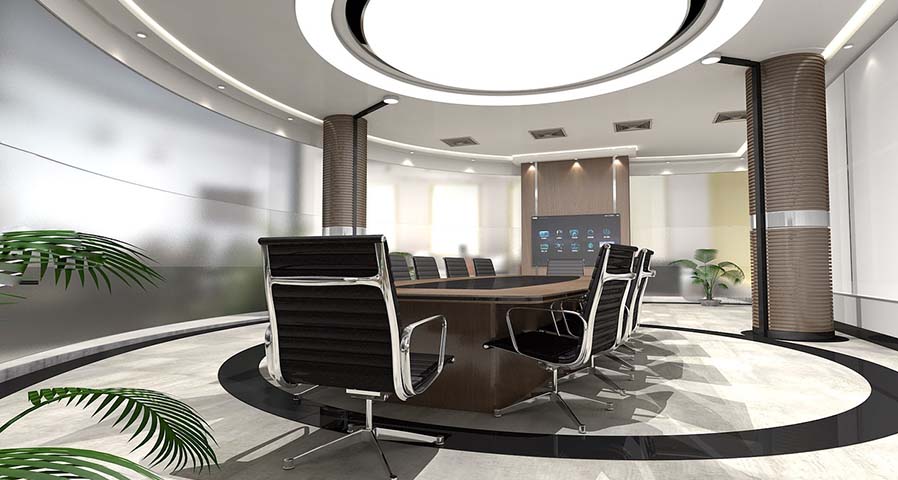
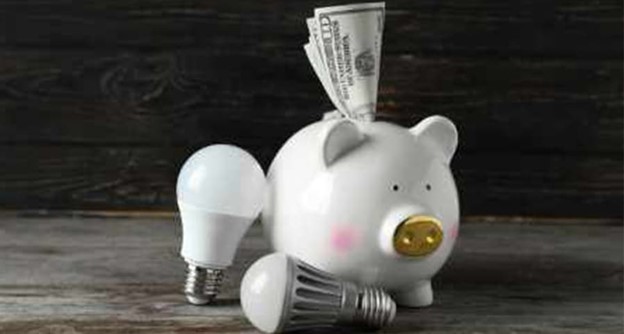
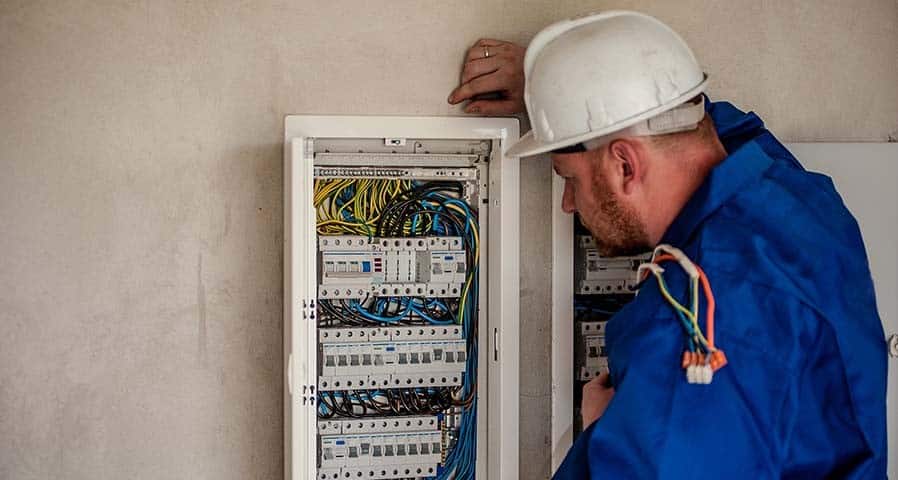
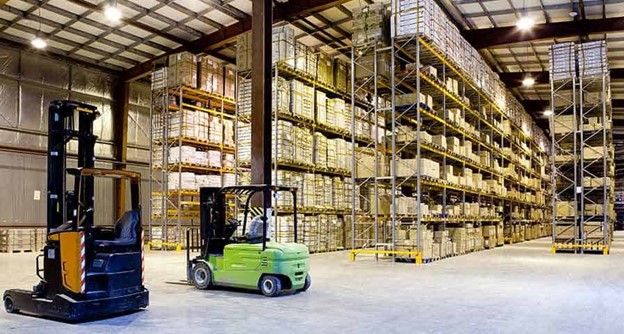
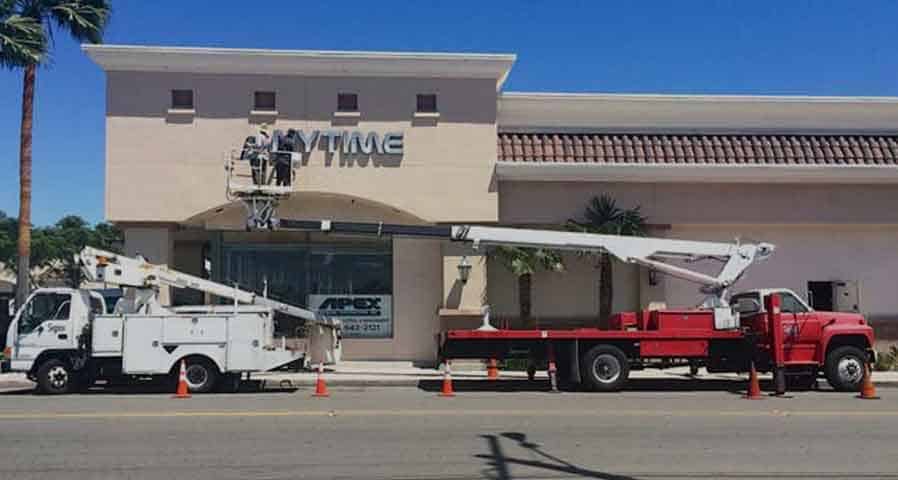

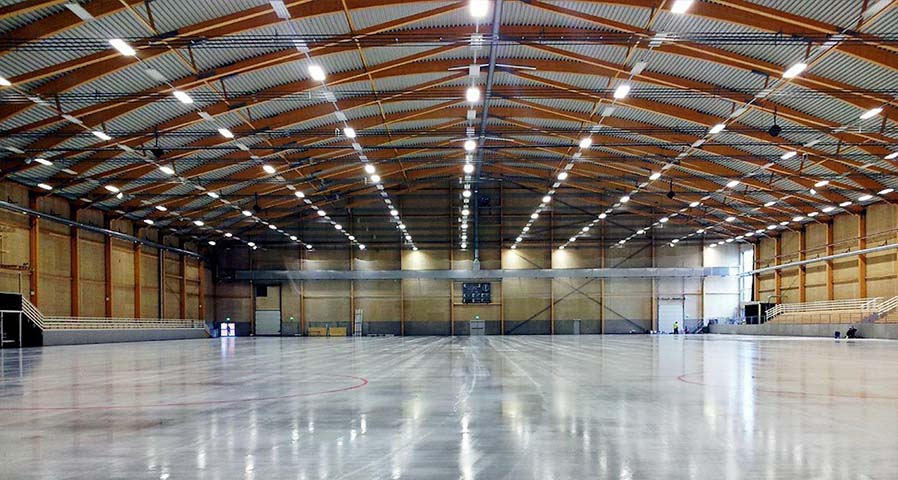
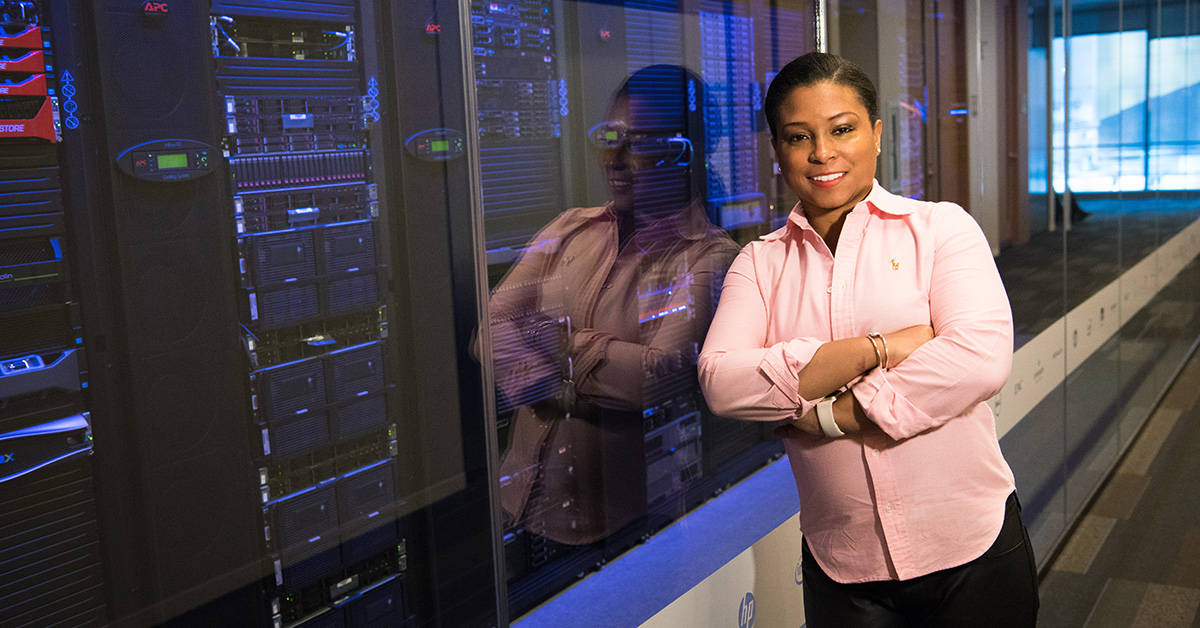


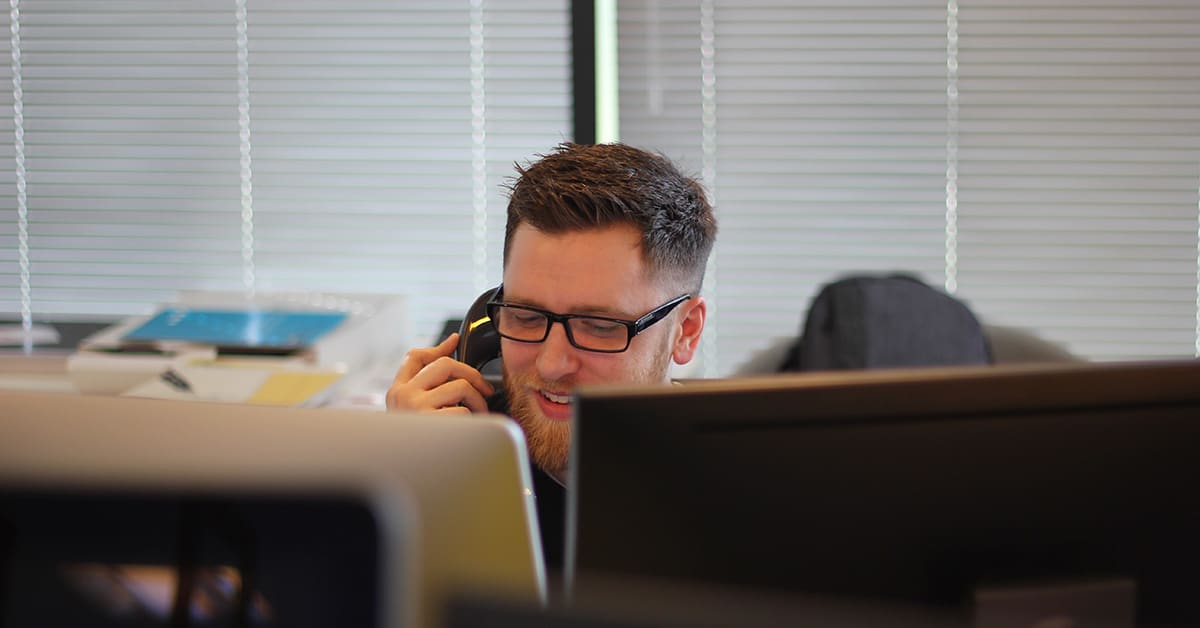
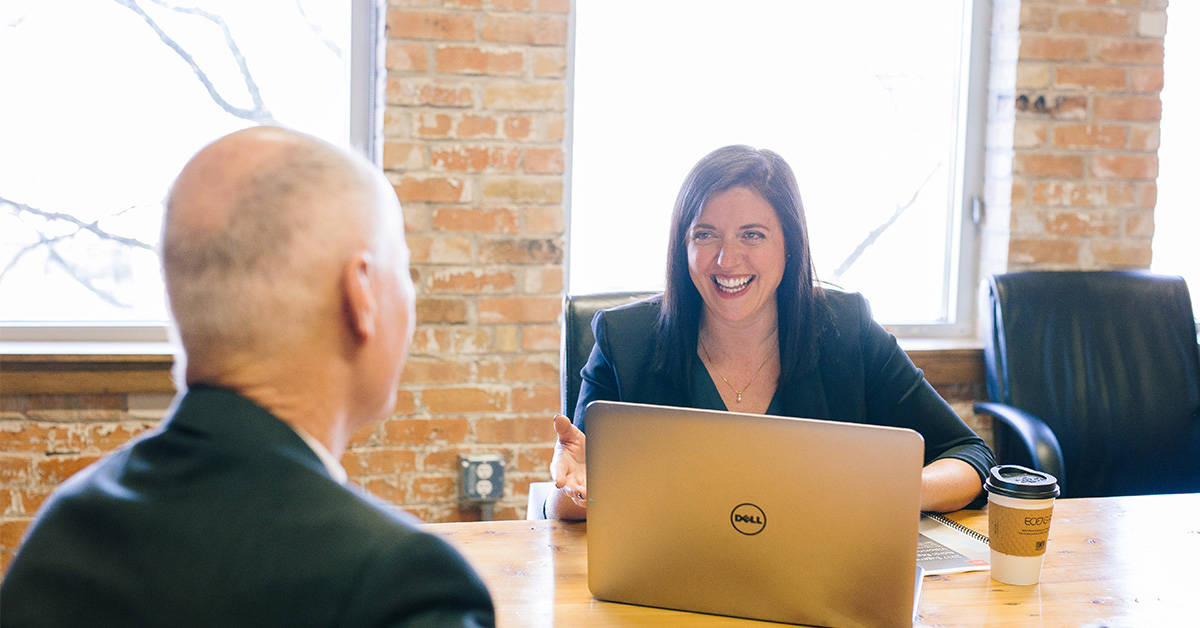


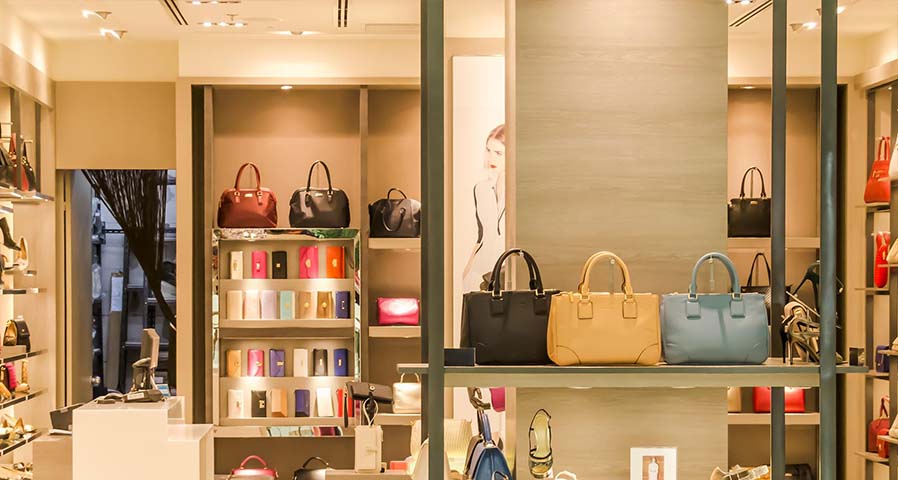
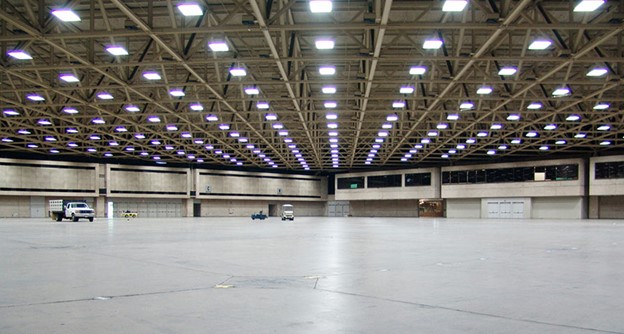
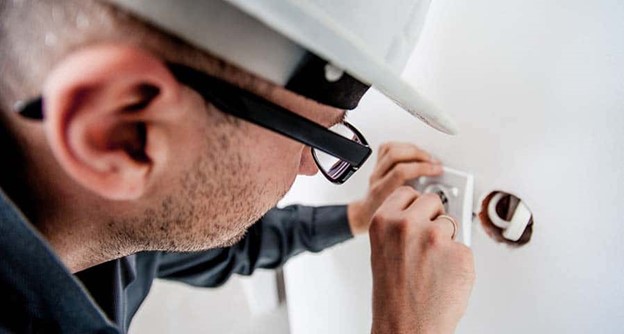
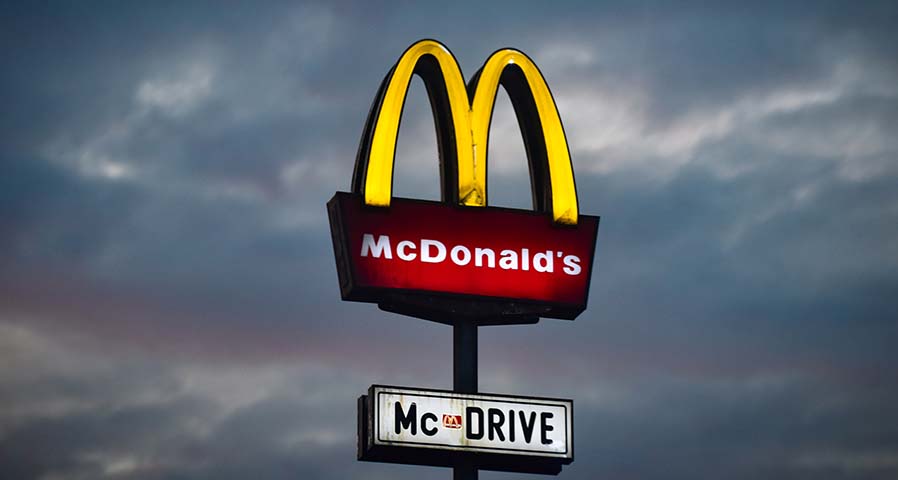
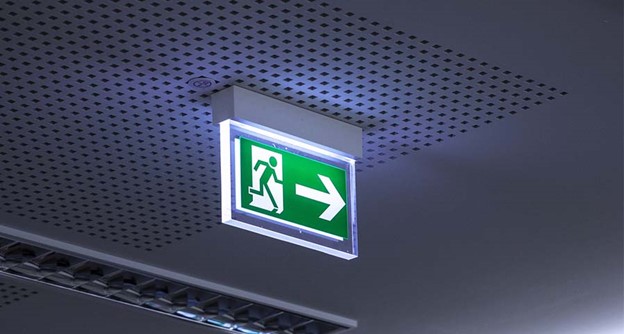
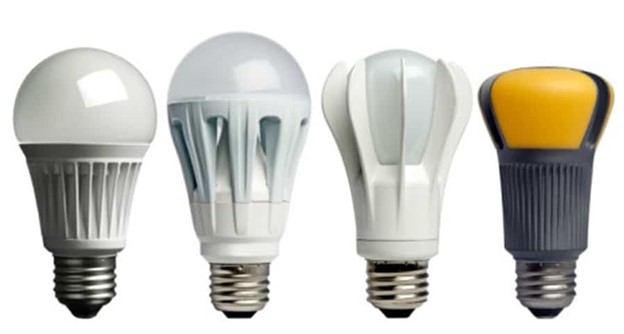
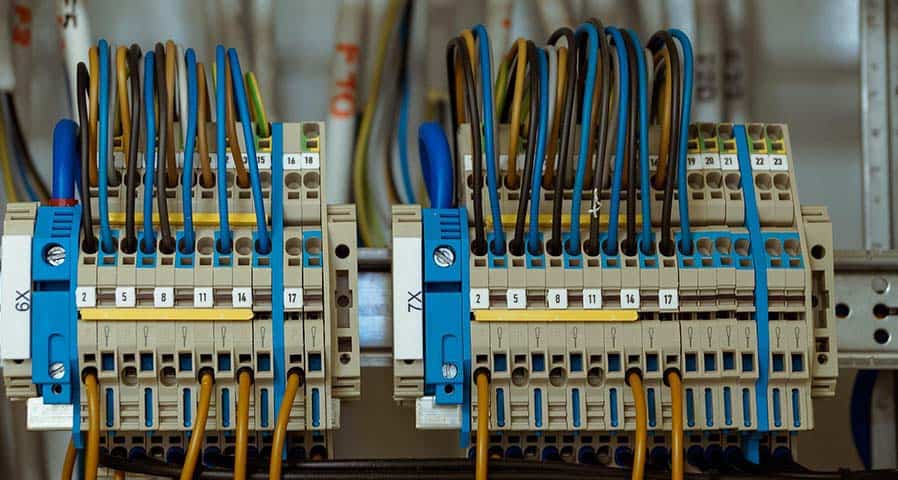
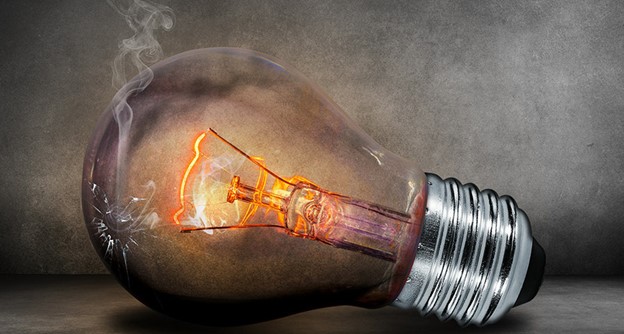
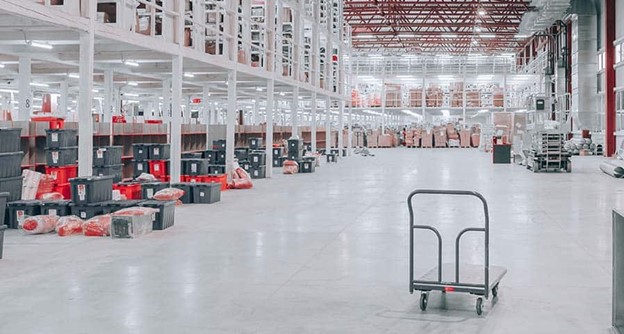
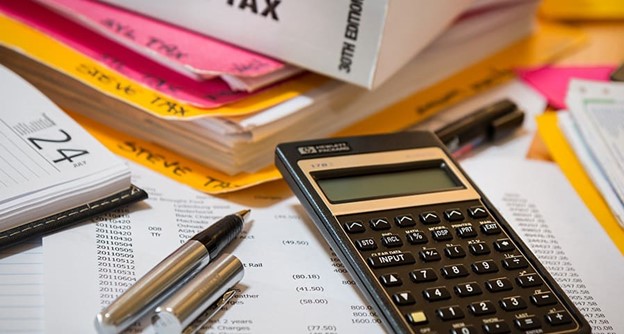
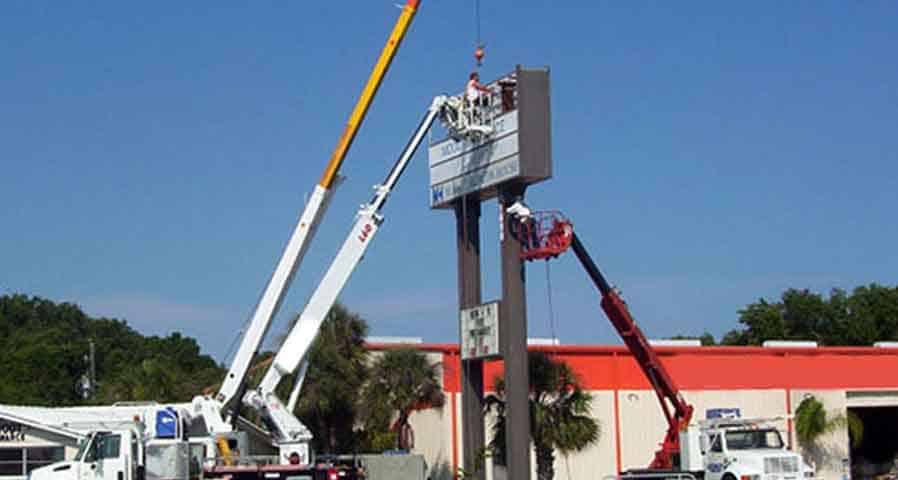

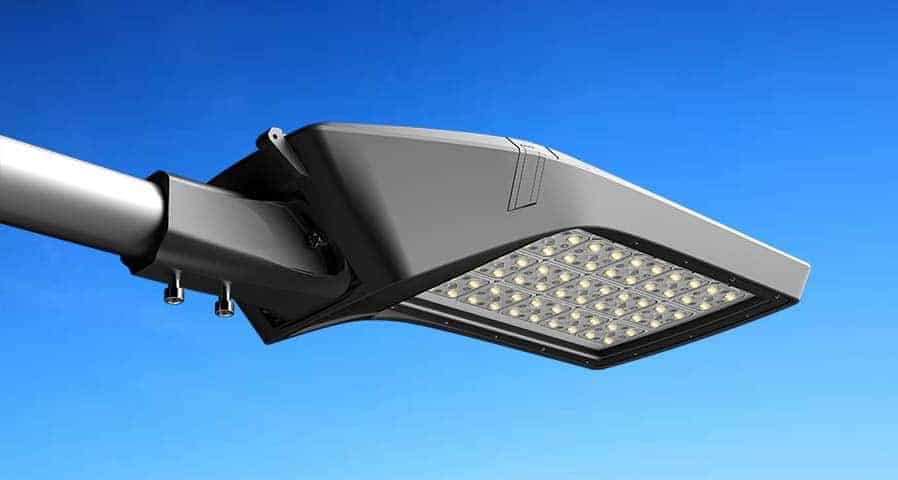
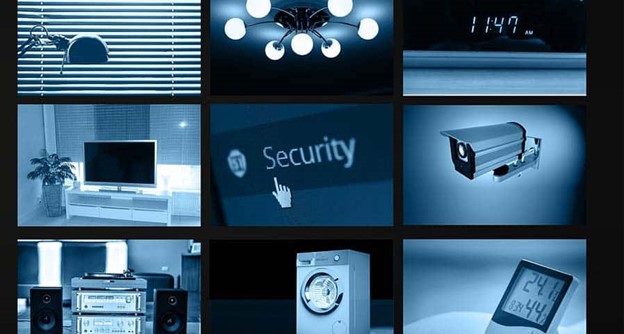
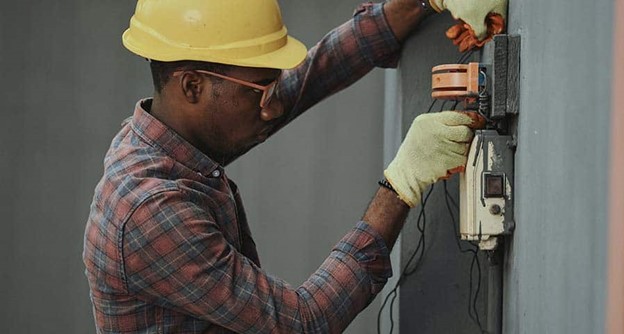
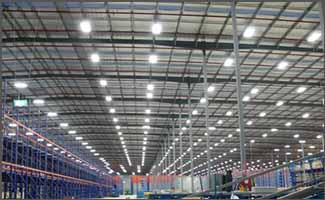
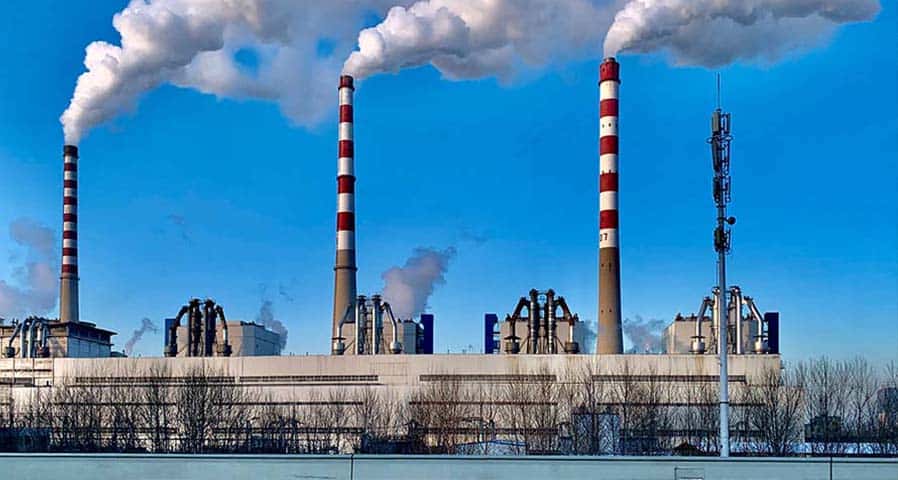


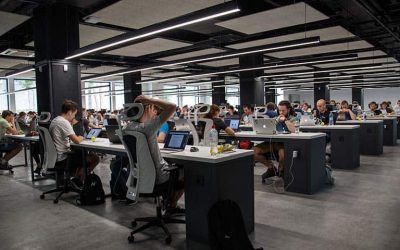





0 Comments